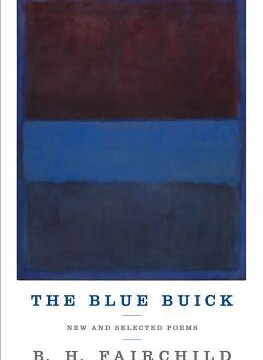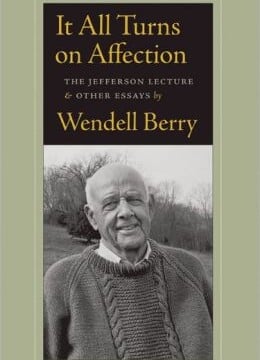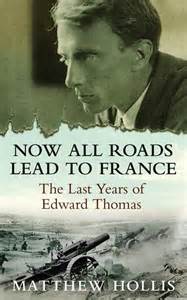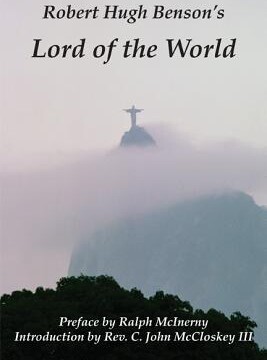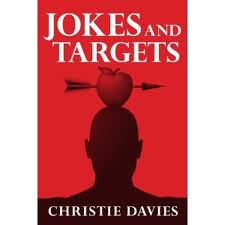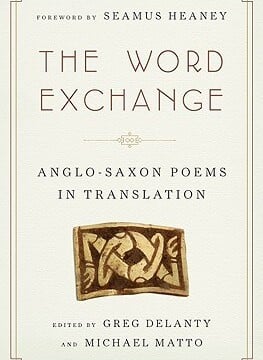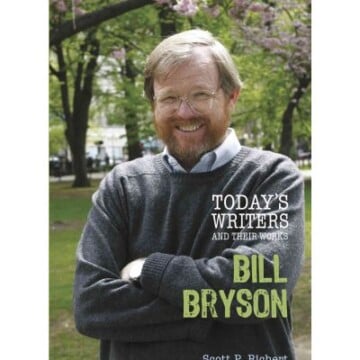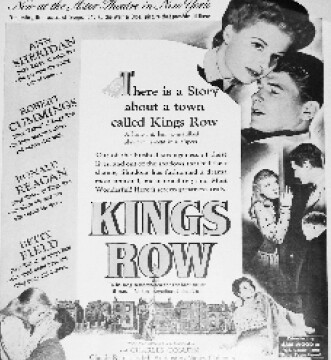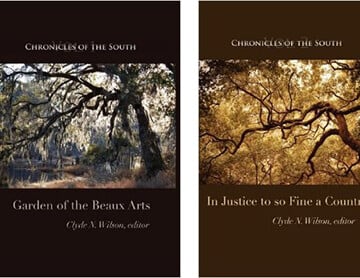I first encountered the poetry of B.H. Fairchild when I chose to review Early Occult Memory Systems of the Lower Midwest (2003). Despite its odd, even off-putting title, which seems to extrude tendrils of the New Age, the book was—is—one of the best original collections of contemporary poetry I’ve read. It proceeded to win the...
Author: Ray Olson (Ray Olson)
More On Noir and Two Additional Silents You Should See
One responder to my previous post, “Notes on noir”, asked why so many movies are called film noir when, by my lights, they’re not. The simple, somewhat cheeky answer is “brand creep”: film noir is a bankable label for a crime movie, so it’s come to be liberally applied. More to the point is that...
Notes on Noir
I’m watching lot of film noir lately, from the 1940s (the style persisted through the 1950s, so there’s much more to be seen), and wondering about noir in general. What is “pure” film noir? Why is film noir so enduringly popular? I answer my first question easily, though I suspect hardly to anyone else’s content,...
Fritz Lang’s Liliom: Less Catholic, still Christian?
“. . . there are three things that last for ever: faith, hope, and love; but the greatest of them all is love.” 1 Corinthians, 13:13 (The New English Bible with the Apocrypha, 1970). On February 7, 2011, Art Livingston posted to this blog a discussion of the early Hollywood talkie, Liliom (1930), based on the...
Why you should see the silents, part II
It’s all very well to say, as I do, that you should see the silents because in them you will see every development in film style—except synchronized sound—freshly created and, in most cases, as artfully exploited as they ever have been. But the...
Why you should see the silents, part I
Silent movies are to movies in toto as classical Greek and Roman drama is to all of European drama. Of course, cinema is one of the latest progeny of the classical dramatic tradition, so one can’t claim the silents invented any wheels in terms of plot and characterization; those haven’t changed since Euripides and Menander....
The Big Change
Because the movies are a by-product of modern technology, it’s understandable that significant changes in the medium are presumed to be technological. Sound, color, and digital recording are the usual suspects for having caused cataclysmic upheaval. But on the evidence, sound—supposedly a bombshell innovation that littered theaters with films in which neither camera nor actors...
Kurosawa begins
Whenever the president of the Rockford Institute and I chat about movies, the conversation always runs into the brick wall of the Japanese cinema. I especially like the films of one of its acknowledged masters, Yasujiro Ozu, whose later movies are his best-known in the West, especially Tokyo Story (1953) and Floating Weeds (1959). “Ach,...
Love stories for guys
I’d long wanted to see more Raoul Walsh movies. Renowned as an action specialist and he-man director without peer, Walsh made every kind of adventure film—war, western, swashbuckler, gangster, fantasy (the Douglas Fairbanks Thief of Baghdad), naval, bandit (Carmen twice!), even biblical—during his 51-year career. The restless son of a successful immigrant Anglo-Irish clothier in...
With DVD and Remote in Deepest Filmland
Remember Nick and Nora Charles, the movies’ Thin Man and wife? Of course, you do. How about Larry and Kay Wilson? Embodied by the same actors, William Powell and Myrna Loy, they’re a bush-league Babbitt and his divorce-bent wife in 1940’s I Love You Again. Larry’s pretty insufferable, alright, but after a conk on the...
A Sticker in Kentucky
Called by its sponsor, the National Endowment for the Humanities, “the highest honor the federal government bestows for distinguished intellectual and public achievement in the humanities,” the annual Jefferson Lecture has been delivered by such a variety of historians, scholars, novelists, and poets as to frustrate all efforts to descry a party line among them,...
What Was Not Lost
The name of this book’s subject doesn’t appear in the text proper until page 14, and then as that of an adult attending the opening in London’s Bloomsbury of the Poetry Bookshop on January 8, 1913. The celebratory crowd was salted with poets, beginning with the proprietor, Harold Monro, who intended to use the store...
The Lady is Good
When I tell you that this little delight is a book of memoirs, I don’t want to be misunderstood. A sister of William F. Buckley, Jr., Miss Buckley, who was managing editor of National Review for 37 years (and who passed away recently at the age of 90), does not make “creative nonfiction” out of...
To the End of the World
Robert Hugh Benson (1871-1914) was the third son of Edward Benson, archbishop of Canterbury from 1883 to 1896, to become a successful author. Arthur Christopher Benson was a popular essayist and poet, whose best-known legacy is the text of the finale of Elgar’s Coronation Ode, “Land of Hope and Glory.” Edward Frederic Benson was a...
The Fellowship of Joking
Besides regaling Chronicles readers with dismaying reports on “the strange death of moral Britain” (the title of the immediate predecessor to the present book), Christie Davies continues his professional pursuits, chief among which is the study of humor. Jokes and Targets is his fifth book concerned with the subject. It focuses on six joke cycles,...
Anglo-Saxon Reality
Some poems in Celtic languages are older, but the earliest sizable body of vernacular literature in Europe is the Old English, dating, by liberal estimation, from the seventh century to the twelfth. It is of very high quality, especially the verse. Altogether, these heroic monologues, Bible paraphrases, riddles, battle accounts, saints’ lives, prayers, religious allegories,...
Thunderbolt Kid
With this book, Chronicles’ capable executive editor contributes to a series for teenagers—seventh grade and older, says the publisher’s website—on successful contemporary writers who have some literary cachet. Since his style in the book is as limpid and straightforward as that of his monthly column, The Rockford Files, it seems that at least one children’s...
Kings Row Revisited
The first paragraph of the first chapter of John Lukacs’s Confessions of an Original Sinner (1990) concludes, “A conservative will profess a preference for and a trust in Ronald Reagan; a reactionary will not, and not because Reagan was a Hollywood actor but because he never stopped being one.” The reactionary in me agrees with...
A Southern Foison
In the Introduction to the first of these two volumes, Clyde Wilson allows, after a few paragraphs of justified complaint against the wholesale academic and political assault on Southern identity as well as Southern culture, that it was not always thus. “Southerners were seen as different and perhaps a little quaint, but tolerated as Americans.”...
The One and Indispensable
When Bill C. Malone’s Country Music, U.S.A. first appeared in 1968, it was obviously the most careful, well-researched, judicious, and accessible book on any kind of American popular music, including jazz, that had been published up to that time. Three revisions later, and a passing of the torch by Malone to a successor charged with...
